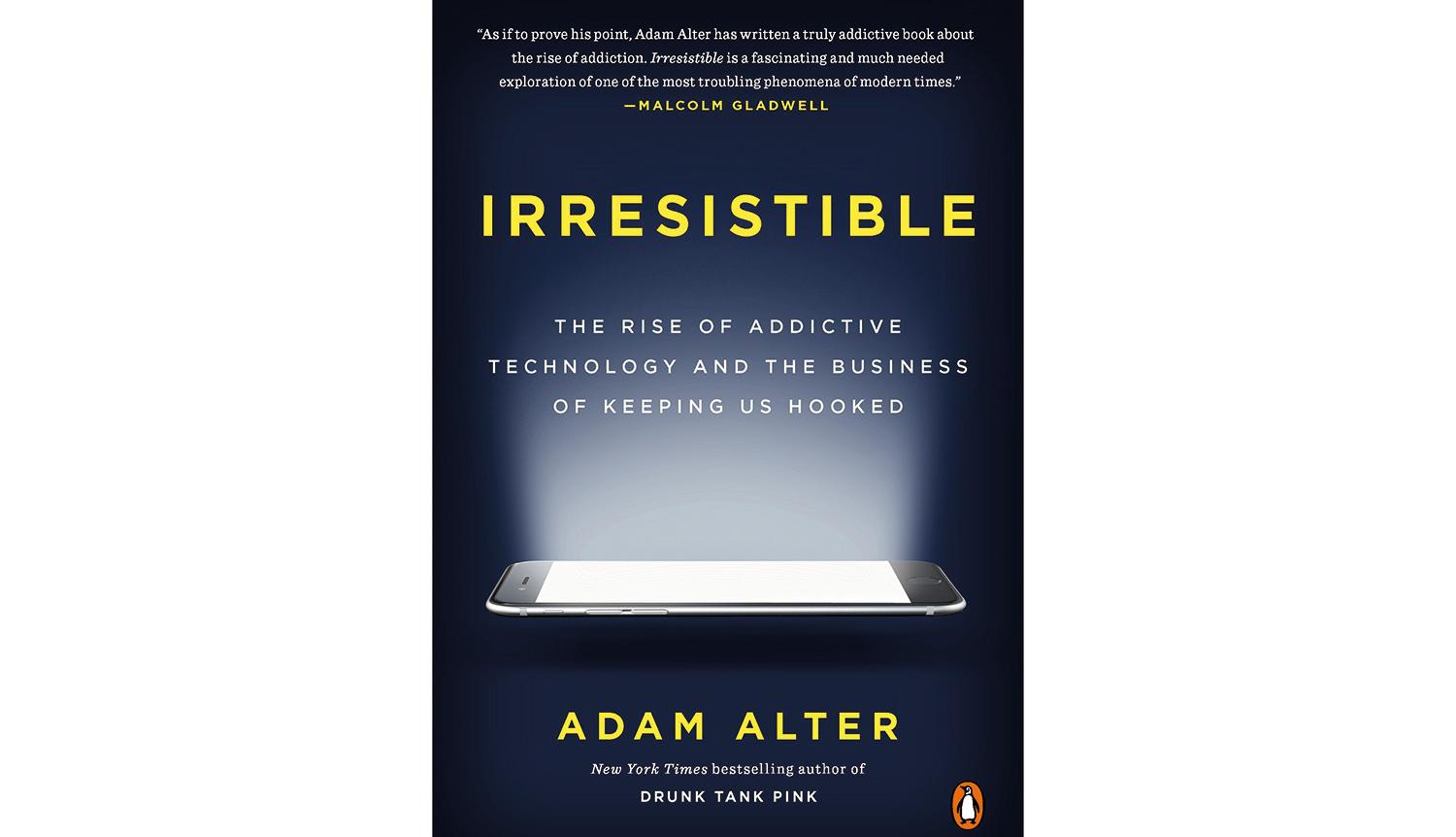
Adam Alter: “We’ve become intolerant of mental downtime”
In his latest book, Adam Alter, associate professor of marketing at NYU’s Stern School of Business with an appointment in the psychology department, examines how our screens have gone from being tools for education and entertainment to vectors for addiction. He talks to FEED about how users and technologists need to rethink how we do screens to avert a looming physical and mental health crisis
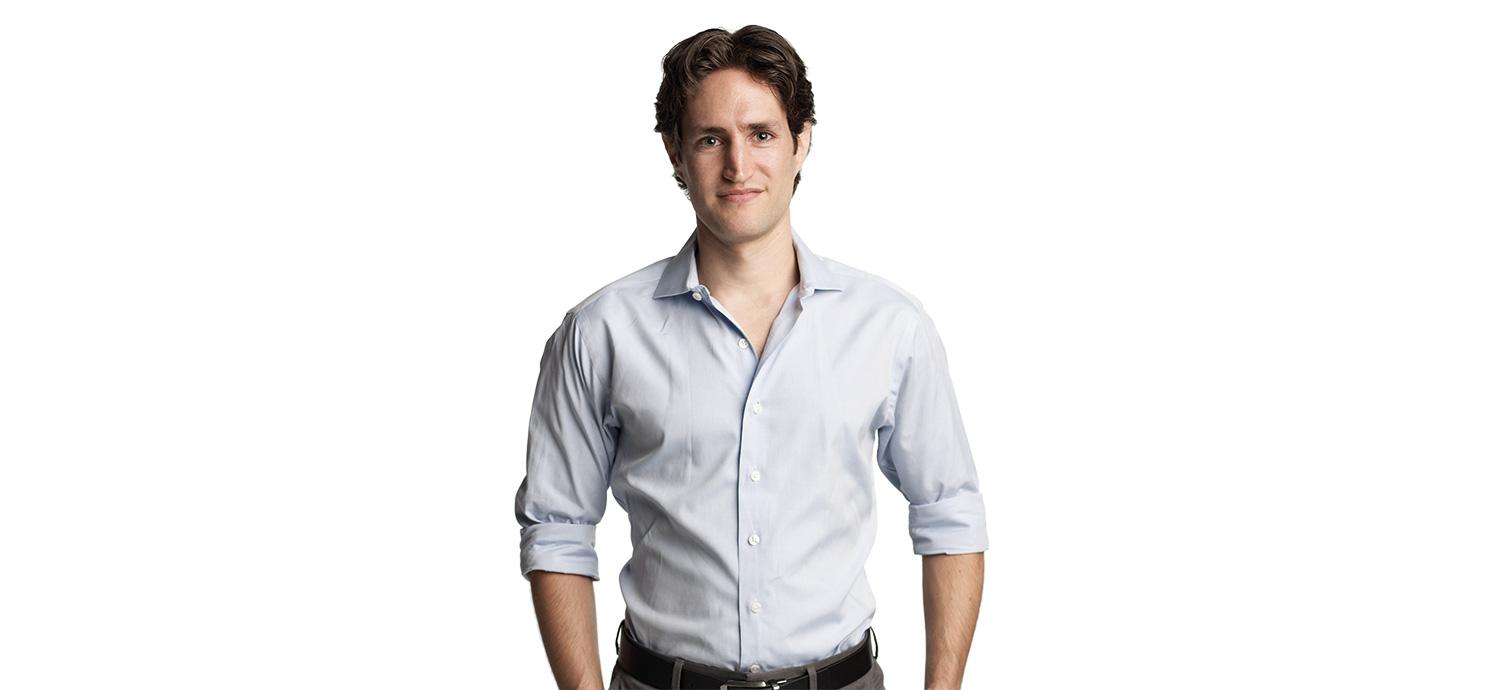
In his latest book, Adam Alter, associate professor of marketing at NYU’s Stern School of Business with an appointment in the psychology department, examines how our screens have gone from being tools for education and entertainment to vectors for addiction. He talks to FEED about how users and technologists need to rethink how we do screens to avert a looming physical and mental health crisis
FEED: Can you tell us a bit about your background and area of study?
Adam Alter: As an undergrad in Sydney, Australia, I studied actuarial science, psychology and law, spending a couple of years at a corporate law firm before deciding to pursue a PhD in social and cognitive psychology at Princeton University.
Princeton was the hub of a branch of psychology broadly called ‘judgement and decision-making’, and I became very interested in why people decide to do what they do – how they spend their time, money and effort – and whether those decisions bring them happiness. After grad school I moved to NYU’s Stern School of Business, where I’ve been a professor of marketing – and an affiliated psychology professor in the psychology department – for just over a decade.
I’m less interested in traditional marketing – how you sell products – than in a newer branch known as transformative consumer research. How do you encourage consumers to spend their resources to maximise their wellbeing? How can we encourage people to eat healthier foods, exercise more, save more for retirement and spend time doing things that will make them happier, healthier and wiser?
FEED: Can you tell us about your book Drunk Tank Pink and the insights and research that led to it?
Adam Alter: Drunk Tank Pink was my first book. It was the distillation of a decade of research spanning grad school and my early years as a marketing professor. I wanted to understand why people think, feel and behave the way they do, and whether there might be subtle or hidden forces nudging or even pushing them in directions they might not expect.
Each chapter of the book is devoted to a particular cue, and how that cue might shape human behaviour. The title refers to a colour that psychologists used to paint drunk tanks – jail cells – in the 1980s to calm rowdy prisoners. They found that this bright bubblegum pink colour seemed to calm those prisoners – although the effect is now widely disputed. I was curious about other cues, too – for example, do our names shape our outcomes in life? Do people with unique names, or simpler names or names that sound a particular way, fare differently in life?
There’s plenty of evidence for this. With a simpler name you’re more likely to be voted into political office, and to rise to the level of partner in law firms at an earlier age. Financial stocks with simpler names perform better on the markets than stocks with complex names. The book is full of these strange effects – cases where seemingly insignificant or irrelevant cues shape consequential outcomes.

Adam Alter’s book, Irresistible, is about our behavioural addiction to screens and technology
FEED: How did you become interested in the topic of problematic screen use?
Adam Alter: As with most of my research, my interest was at first very personal. I bought an iPhone in 2009, and it changed my life for the good, but also in many ways for the bad.
I love live music, and when I moved to New York I spent two or three nights a week at mostly small indie concerts. On some nights I’d attend with my phone, and on others I’d leave the phone at my apartment. The concerts were always better – more engrossing and immersive – without a phone. And that’s how we enjoyed concerts for decades, and even longer, until smartphones changed the experience of being away from home. I also started downloading games on my phone and struggled to stop playing.
I once flew from New York to Los Angeles – a six-hour flight – and spent the entire flight playing a very basic game called Flappy Bird. I barely remembered the flight when we landed, which isn’t a terrible thing, but it did suggest the power of these screens to attract and keep our attention. After that flight, I started to work on the book, and I realised I wasn’t alone. Millions, if not billions, of people seemed to be at the mercy of similar so-called behavioural addictions.
FEED: Can you talk about your new book, Irresistible, and what you discovered while writing it?
Adam Alter: Irresistible is about the rise of a new form of addiction – behavioural addiction, which doesn’t involve the ingestion of substances and instead relies on carefully designed experiences. Think of slot machines or video games or pretty much anything you do on a smartphone that you’d prefer to spend less time doing.
The term ‘behavioural addiction’ is controversial, because ‘addiction’ is such a loaded term. To me, it refers to an experience that you choose to pursue in the short term, despite its capacity to diminish your wellbeing in the longer term, whether socially, psychologically, physically or financially. A person who sits playing games for hours and hours at a time will experience many of these costs – diminished social interactions, the health costs of being sedentary and perhaps loss of income or overspending on the game.
Some of these behavioural addictions have been around for decades – gambling is a good example – but most are very, very new, and in the past decade or two they’ve come to affect a huge portion of the population in both the developed and developing worlds. I wanted to understand why this was happening. What is it about these experiences that makes them so difficult to resist, and why have they changed how we spend our time and attention so dramatically in such a short period of time?
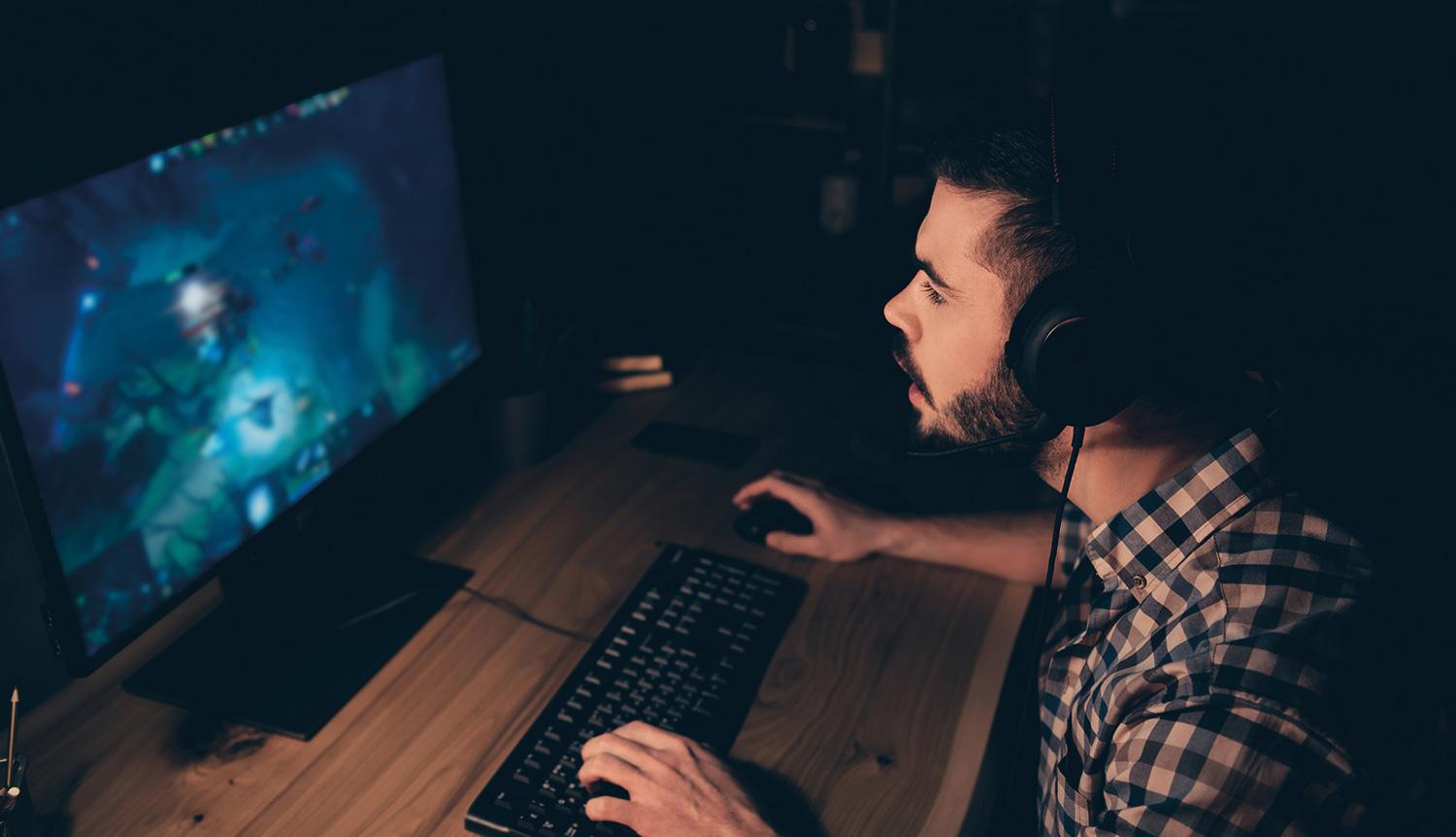
FEED: Are screens inherently addictive?
Adam Alter: Screens are just vehicles for content-delivery devices. They aren’t addictive until you fill them with content that’s designed to capture our attention. They can be used to deliver educational games, video chats with loved ones who are far away, and valuable news and information. Or they can be used to deliver disinformation, the black holes that are social media platforms and video games that consume hours of our lives. The average person will spend around 15 years of their life staring at a phone.
The thing about screens is that, once they contain irresistible content, they’ll ensnare almost anyone. That’s what’s so powerful about this landscape. You don’t need an ‘addictive personality’ to spend hours in front of a smartphone. Whereas some forms of addiction affect only small fringes of the population, screens have captured almost all of us. That doesn’t mean we’re all in grave medical danger as we might be if we were addicted to heroin, but it does mean that we’re losing years of our lives to experiences that make us less happy, leave us socially disconnected and induce considerable regret.
Some of these behavioural addictions have been around for decades, but most are very, very new
FEED: Do you see screen use as having a substantial impact on society in general?
Adam Alter: The jury’s out on this question. It’s still too early to know what a child reared on screens will look like as a teen, an adult, a parent, a worker, a retiree and so on. Smartphones haven’t been around long enough for us to have tracked the lives of the original screen generation. The first iPhone was released in 2007, so the very oldest kids in this generation are still teens.
If you ask parents and teachers, they’ll tell you that screens are significant liabilities in the classroom and at home. It’s far more difficult to engage children in reading, communicating and slower pursuits when they have the option of returning to a screen, which bombards them with entertainment that asks almost nothing of them. If you were a child and you could choose between reward after reward on a screen, and the slow accrual of benefits that comes from learning to read, which would you choose? There’s also evidence that adults are less productive and more disengaged socially in the presence of screens. If you struggle with procrastination, as so many of us do, phones, tablets and screens in general aggravate the problem.
And then there’s boredom: before screens, generations of humans learned to be bored, to be inventive, to work through boredom by thinking and sitting comfortably with their own thoughts. With screens, no one has to be bored, or to learn to cope with boredom, so as a species we’ve become intolerant of mental downtime. Many of the greatest inventions and ideas come from moments of mental stickiness. Without boredom, and with a band-aid in the form of phones or screens, we’re likely to be collectively less innovative than our ancestors were. Some of these costs are hypotheses – they need to be tested – but others form a big part of our lives already.
The thing about screens is that, once they contain irresistible content, they’ll ensnare almost anyone
FEED: What is the worst case of screen addiction that you’ve come across?
Adam Alter: The worst cases seem to come from video game addicts. One person I interviewed told me he spent five weeks playing World of Warcraft – a massive multiplayer online role-playing game – almost continuously. He was an athlete and a star student, but during that time he lost much of his hair, put on fifty pounds of fat, failed his classes and lost touch with his family and friends. He paid a doorman to bring boxes of pizza to his room twice a day, and by the end of that five-week period he was surrounded by stacks of pizza boxes that reached to the ceiling. Some people in his position – though he assured me this didn’t apply
to him – wore adult diapers so they wouldn’t be forced to leave the screen
to use the bathroom.
FEED: Can media companies survive without making their products as addictive as possible?
Adam Alter: The attention economy – a huge chunk of the wider economy that relies on our attention rather than our money – is an arms race. Each human only has so much attention to give, and to capture that attention, you need to make a product that’s more compelling than its competitors. Social media companies know this, as do online shopping and streaming services. If you make your platform less engaging, people will decamp to others that are more compelling. It’s hard to see how media companies can survive this arms race if they aren’t using every trick their competitors are using.
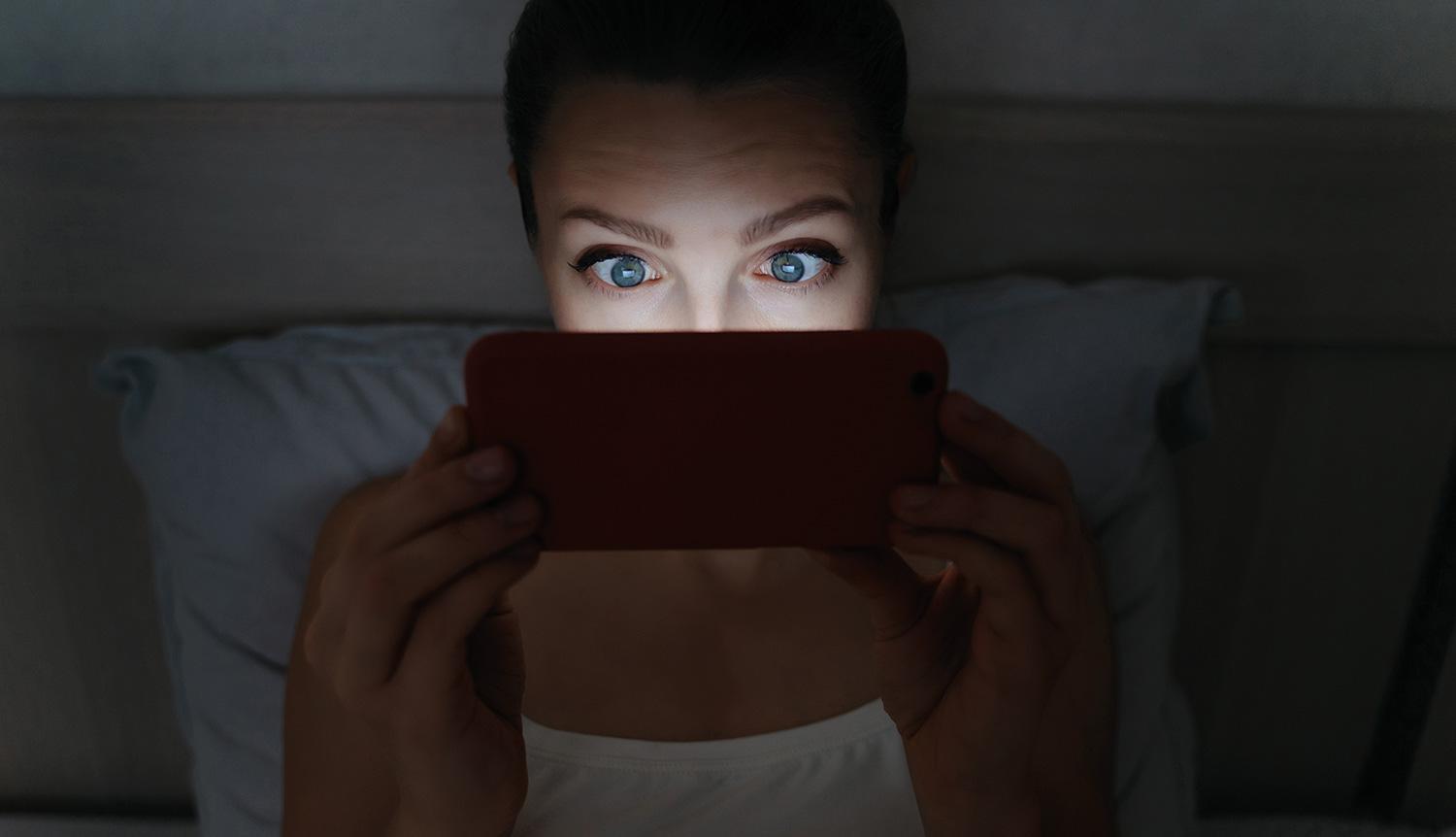
FEED: Do media companies have a responsibility to create products that promote wellbeing? Or is it up to the consumer to decide whether something is good for them?
Adam Alter: Both matter. Users need to take individual responsibility, but punishing screen users is like punishing drug users. To fix the problem, you need to begin with the pushers rather than the users. In this case, the pushers have all the power.
Social media companies and online tech titans have incredibly deep pockets, and they’re capable of running massive A/B tests to determine which versions of their products are maximally addictive. If they run a series of these tests, evolving their products to land on a weaponised, maximally compelling version, how are we as fallible humans supposed to compete? Willpower isn’t enough. And they aren’t going to ‘do the right thing’ on their own. They need to be compelled by legislation or by consumer boycotts.
The attention economy is an arms race
FEED: Should behavioural modification and addictive elements in screen technologies be regulated? If so, what are the elements to regulate?
Adam Alter: Yes, I think so. There are countries that have begun to introduce legislation, including the US, France, Japan, China and South Korea. Some of these laws are toothless or misguided, but others seem to be helping to some extent. In France, large companies must explain to employees how they’ll be protected from the 24-hour demands of emails.
We could regulate use, which is what South Korea has done with its so-called Cinderella Laws – prohibiting children under age 16 from frequenting video game parlours and internet cafes after midnight. This punishes the user rather than the producer, though, so a better approach is to target the cafes themselves – or to target workplaces and employers rather than employees – or even better, to regulate which cynical hooks tech companies bake into their products. Many video games introduce in-game purchases that force players to pay to continue to play once they’ve reached a certain point in the game. These purchases are predatory, because they recognise that no game player wants to stop playing a game when they’ve invested hundreds of hours to reach the end of the game. That’s just one example of the sort of feature that some governments are prohibiting.
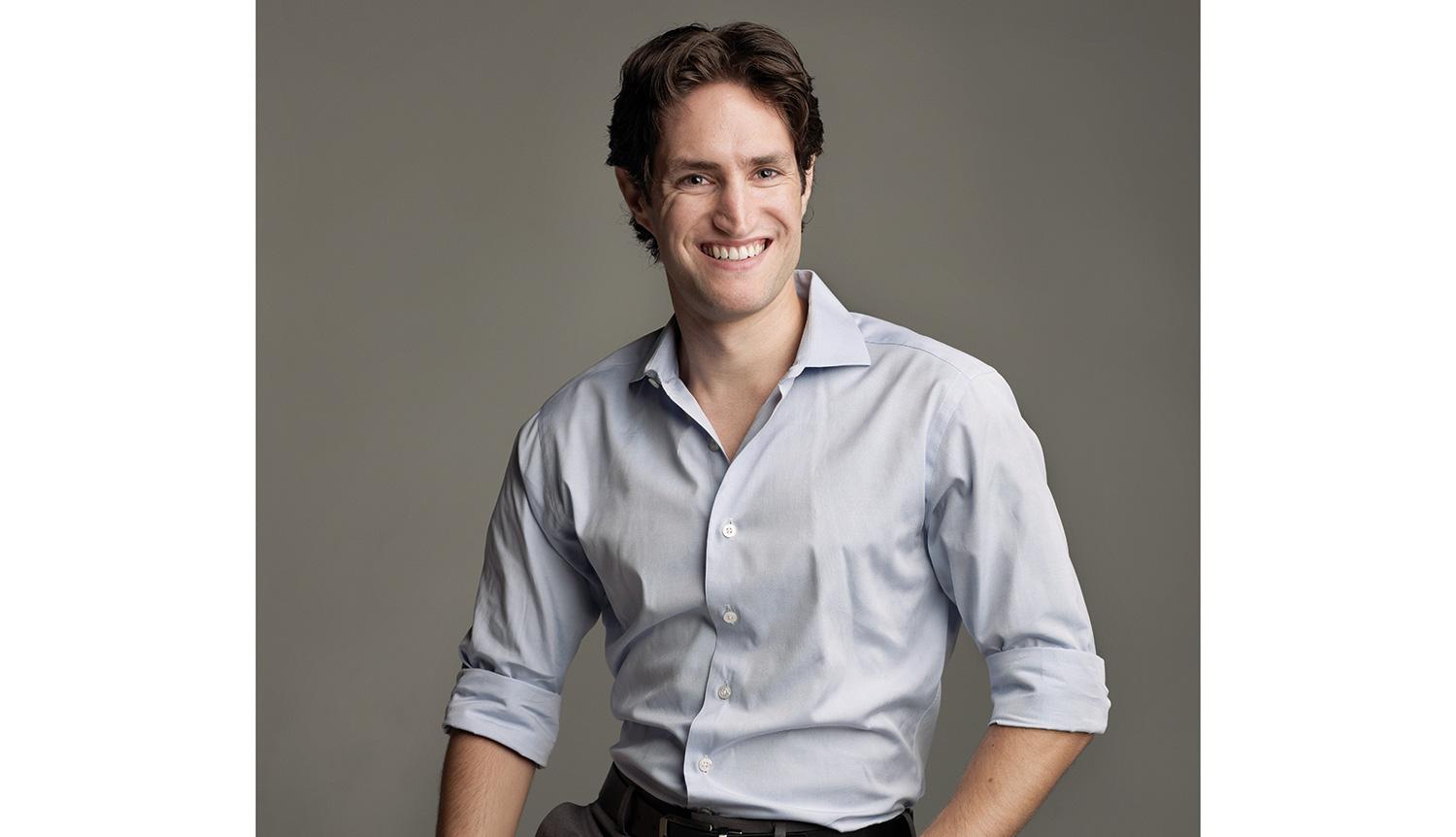
FEED: If you had the power to rethink everything we did with screen-based entertainment, what would you do?
Adam Alter: The biggest difference between screen tech now and screen tech in the 20th century is the eradication of stopping cues. In the 20th century, everything we did had natural psychological breaks built into it. Newspapers ended, magazines ended, book chapters ended, TV shows were released one episode at a time and so on. You could override these cues much of the time, by, for example, continuing to read beyond a single book chapter, but humans are sensitive to stopping cues and they often move on to new activities when they experience friction or inertia.
Tech companies have done everything they can to eradicate these stopping cues. Social media feeds are endless. Netflix, YouTube and other streaming services default to playing or displaying an endless string of content, and emails never leave you alone. Imagine stepping back 20 years and legislating against this practice – forcing companies to retain the stopping cues that encourage people to spend less time on screens and more time consuming discrete content rather than bingeing. We’d be spending far less time than five hours a day glued to our screens.
This article first featured in the September 2020 issue of FEED magazine.
